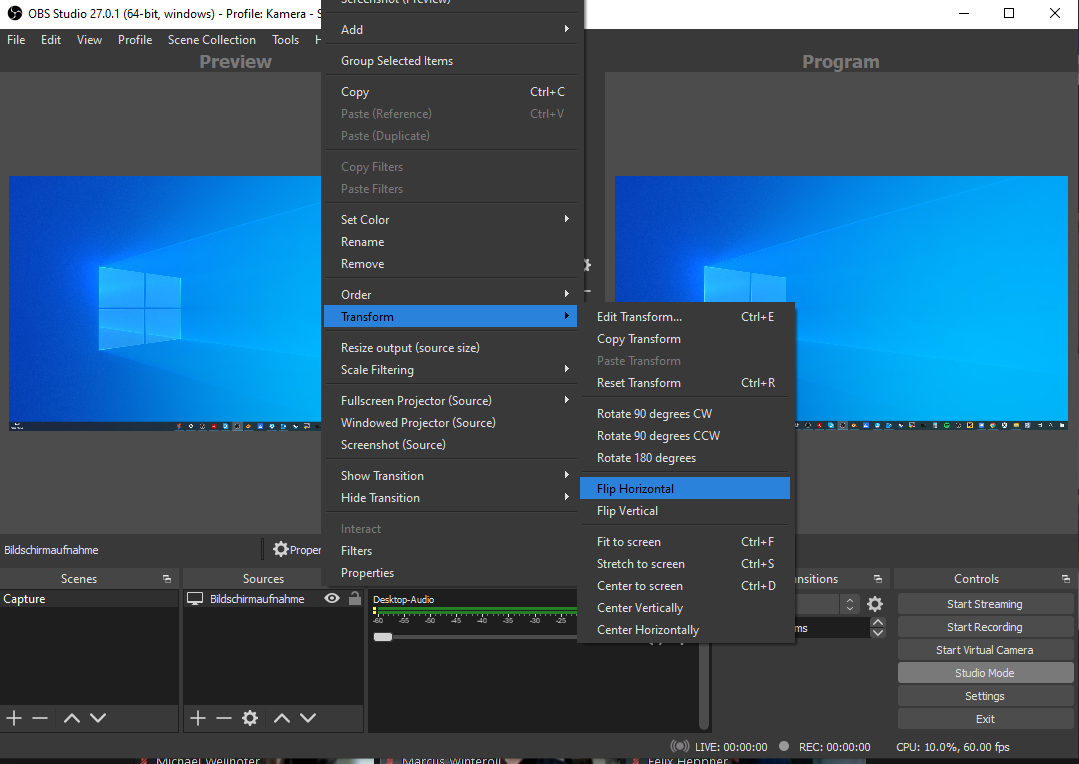

OBS TELEPROMPTER PROFESSIONAL
Thus, the quality of feedback interactions has become a major focus of education research and teacher professional development. An effective feedback interaction between teachers and students requires development of some common understanding of goals and quality learning, and engagement by the students in progressing their learning (Black and Wiliam 2009).

However, research has also identified the variability of feedback effectiveness (Winstone et al. The significance of effective feedback has been identified in research (Hattie 2009). 2015), feedback within classroom practice is generally realised through written and oral communications and interactions between teachers and students. While feedback can take many forms (Van der Kleij et al. The purpose of feedback is to provide information, to both teachers and students, to improve teaching and learning. The importance of effective feedback for learning is widely evidenced in international education research and policy (Stobart 2008 Wiliam 2011). The researchers identified several technical issues that occurred in a range of settings and make suggestions to overcome these issues. Findings suggest that such technology has potential for use by teachers and students to improve reflection and feedback interaction, and thus to enhance student learning. While the iPad and GoPro were both useful for capturing interactions, the iPad was more useful and practicable for VSR interviews. Evidence collected included technical data and characteristics of the devices, teacher and student experiences, and researchers’ experiences and reflections. Six teacher-student pairs in three Australian secondary schools participated in the research. Specifically, the study focussed on use of a GoPro camera and an Apple iPad in capturing one-to-one teacher-student feedback interactions, and subsequent individual video-stimulated recall (VSR) for self-reflection. This study investigated the feasibility and value of using easily accessible equipment for practitioner use and research purposes. Innovations in technology have opened up possibilities to capture such interactions for research and professional development purposes. However, much of the previous research on assessment feedback has paid limited attention to the nature of feedback interactions, and teacher and student perspectives. The importance of effective feedback for learning is widely recognised.


 0 kommentar(er)
0 kommentar(er)
